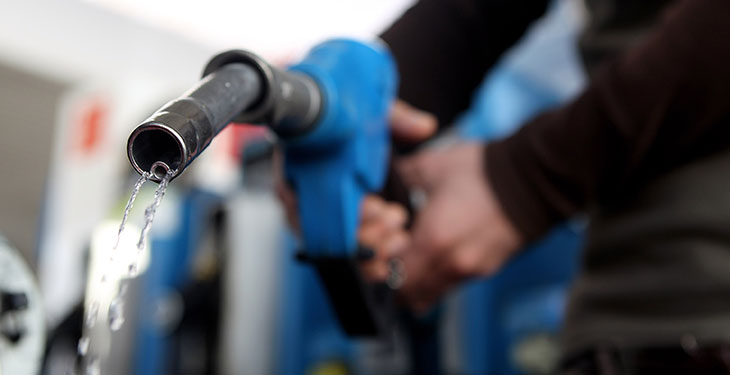Kuwait wants to exponentially increase its exports of Diesel and kerosene to Europe this year, which will help the continent cope with the decrease in fuel supplies from Russia, Bloomberg reports.
According to sources close to this file, the Middle Eastern country expects to increase its Diesel deliveries to Europe fivefold in 2023, up to 2.5 million tons, that is, approximately 50,000 barrels per day. Also, Kuwait wants to double its kerosene exports to Europe, up to almost five million tons.
The European Union will ban most imports of Russian oil products by sea starting on February 5, 2023. The EU bloc, which has a structural deficit of diesel, has stockpiled in advance, importing cargoes of diesel both from Russia, the most its large external supplier, but also from Asia and the Middle East, according to Agerpres.
Analysts at Bank of America warn that diesel prices could rise to $200 a barrel this quarter, as the Russian embargo could trigger a global deficit.
In turn, analysts from JPMorgan Chase & Co. estimates that last year the European Union imported almost 1.3 million barrels of refined products from Russia, and diesel accounted for half of the total amount.
In recent years, Kuwait has spent tens of billions of dollars on the modernization and construction of new refineries. The biggest investments were made in the Al-Zour complex, one of the largest refineries in the world, designed to process 615,000 barrels of crude oil every day and at the end of last year it made its first exports of diesel and kerosene.
The source cited by Bloomberg claims that the plans of the state company Kuwait Petroleum Corp. exclude any sales of kerosene on the spot market. This means that in reality the quantities of jet fuel sold to Europe could be higher than the expected five million tons.
The first of the three processing lines of the Al-Zour refinery operates stably and processes over 205,000 barrels of crude oil per day, the source said. The second line would come into operation in mid-February, and the third in April, the source added.
After the Al-Zour refinery operates at full capacity, Kuwait will reach a total refining capacity of 1.5 million barrels per day.
Other major Middle Eastern oil producers, such as Saudi Arabia and the United Arab Emirates, are also expected to increase their fuel exports to Europe in 2023.
